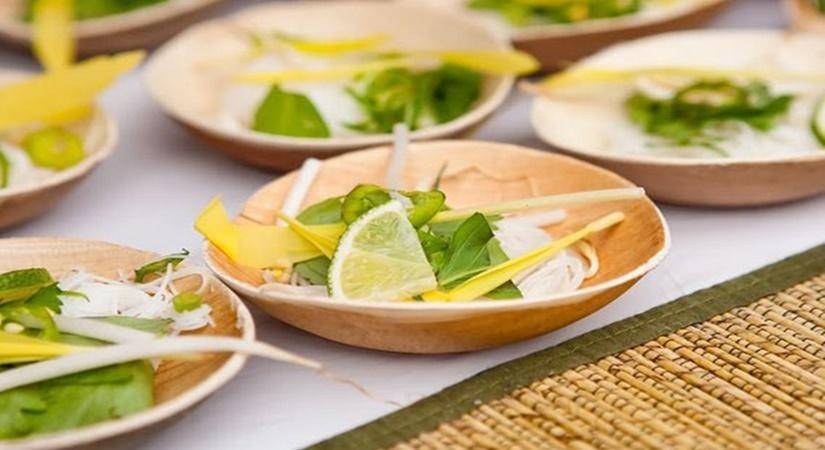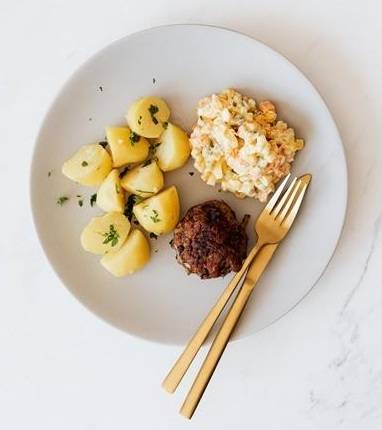A recent survey states that India generates 6,000 tonnes of plastic every day, nearly 10,000 tonnes of which goes uncollected. Adding to environmental pollution, plastic also has a detrimental effect on our health…writes N. Lothungbeni Humtsoe.
Covid-19 has changed everyone’s lifestyle. Today, focusing on the right food, nutrition and boosting immunity no longer remains an afterthought. The pandemic has forced us to pause, rethink and have a holistic approach when it comes to our overall well-being.

While we pay attention to our health by eating healthy, it’s also important to be mindful of what we eat from and ensure our cooking, consumption and storage utensils are safe, sustainable and eco-friendly.
While consumer behaviour is changing to support sustainable brands and eco-friendly practices, plastic still finds dominance in most homes. In fact, our kitchens are replete with plastic jars, containers, utensils, garbage bags etc. and their usage is increasing at an alarming rate. A recent survey states that India generates 6,000 tonnes of plastic every day, nearly 10,000 tonnes of which goes uncollected. Adding to environmental pollution, plastic also has a detrimental effect on our health.
Priyanka Kheruka, Brand Head, Borosil Ltd, said, “When food is heated in plastic, it releases phthalates from the plasticisers and as much as 95 per cent of the chemicals are migrated into our food. Fatty foods like meats and cheese are more prone to leaching and when these are microwaved in a plastic container, the phthalates released can directly affect the lungs, kidneys and liver. BPA on the other hand is linked to heart disease and type 2 diabetes.”
“Unlike plastic, glass is free of toxic chemicals and also retains the natural flavour on heating. It’s also environmentally friendly and can be easily decomposed without emitting toxic chemicals. Using airtight glass containers for storage cuts down on the usage of cling wrap to ensure cut fruits and vegetables and leftover food does not rot or absorb the chemicals from harmful materials used for wrapping. Having steel utensils to cook food can also have a positive impact on health. Steel does not erode or leach harmful chemicals during cooking.

It’s durable, sustainable, helps in retaining the original flavour and is easy to clean, like glass. Replace plastic bottles with stainless steel ones. There are myriad styles and options available in the market today which come in beautiful designs. There are many brands that offer bottles that are 100 per cent food grade and rust-proof and which help in maintaining the temperature of your drink,” she added. “Copper utensils are ideal conductors of heat and are hygienic and corrosion-resistant. The advantages of storing water in copper vessels and bottles are many, having a direct impact on the skin while also having a therapeutic effect. There are plenty of materials and metals to choose from when it comes to incorporating healthy cooking habits.”
Being mindful and conscientious of how we utilize our daily utensils in the kitchen can go a long way in boosting good health for the family, community and society at large while also leaving a positive footprint on the environment.
ALSO READ-Tough terrain, weather didn’t deter Covid healthcare workers in Himachal

